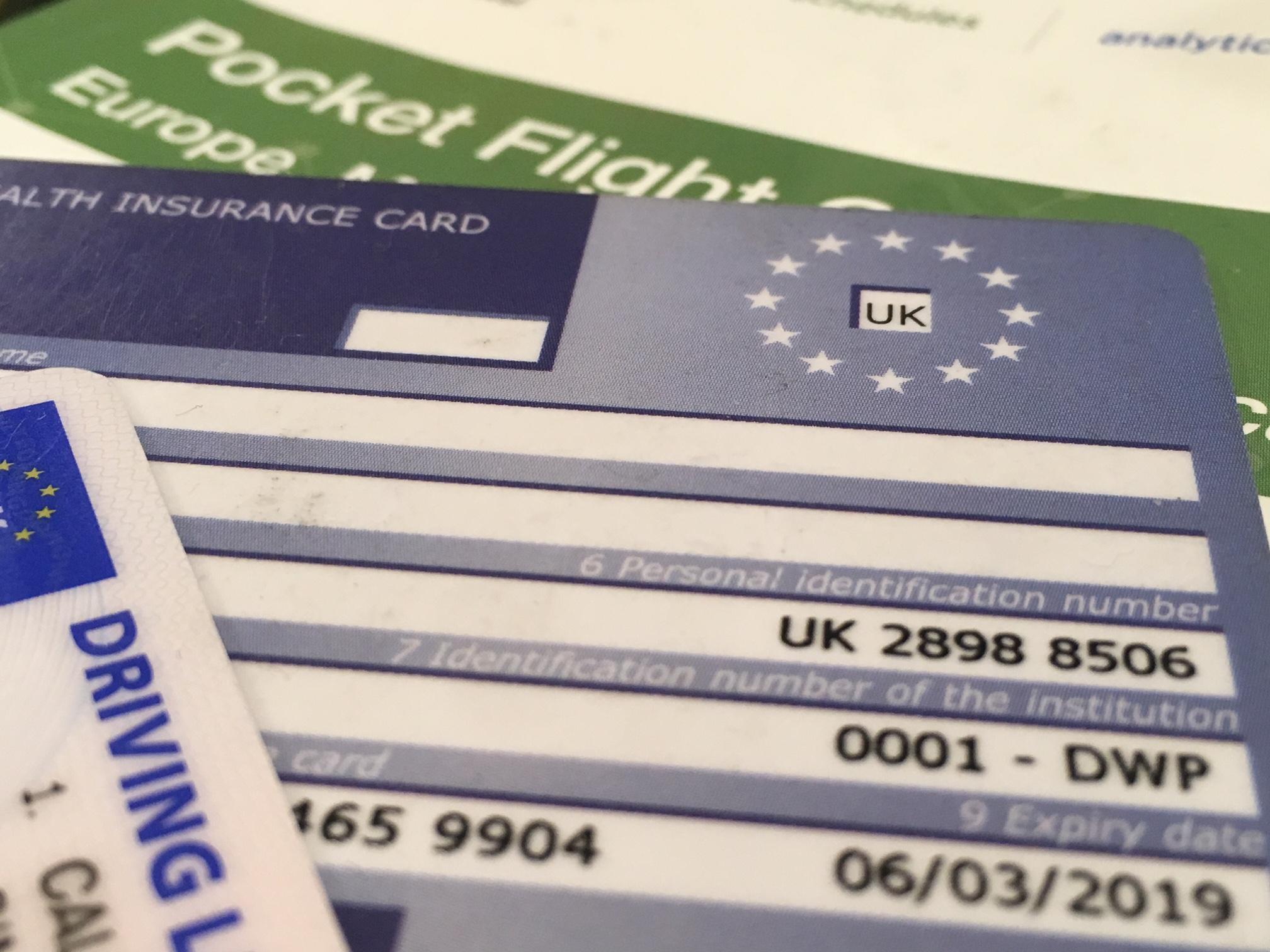Brexit deal: What it means for UK travellers, from Ehic cards to passports for Ireland
Much remains to be decided, from flights to mobile phone roaming

Your support helps us to tell the story
From reproductive rights to climate change to Big Tech, The Independent is on the ground when the story is developing. Whether it's investigating the financials of Elon Musk's pro-Trump PAC or producing our latest documentary, 'The A Word', which shines a light on the American women fighting for reproductive rights, we know how important it is to parse out the facts from the messaging.
At such a critical moment in US history, we need reporters on the ground. Your donation allows us to keep sending journalists to speak to both sides of the story.
The Independent is trusted by Americans across the entire political spectrum. And unlike many other quality news outlets, we choose not to lock Americans out of our reporting and analysis with paywalls. We believe quality journalism should be available to everyone, paid for by those who can afford it.
Your support makes all the difference.The Brexit effects on UK travellers are still mostly unknown, but the 15 pages of the negotiators’ joint report contain a couple of clues about how life might be from 29 March 2019 onwards.
The deal is not concerned with the minutiae of travel, but the agreements on Ireland and healthcare for long-term residents both signal that two aspects may remain the same.
Long before both countries joined the EU, the UK and Ireland had a “Common Travel Area” that allowed free movement to and from the Republic, with no passports required; though some airlines now insist on them, that is for commercial rather than legal reasons.
The deal on Ireland includes the line: “The United Kingdom confirms and accepts that the Common Travel Area and associated rights and privileges can continue to operate.”
So it is likely that no extra passport/immigration barriers will be imposed, though customs checks may be reintroduced.
The rules for healthcare for future British travellers are more opaque, but it is possible to make some inferences about the European Health Insurance Card (EHIC) scheme.
At present the EHIC entitles UK residents to treatment in all EU countries on the the same basis as local people. One detail has been cleared up: Anyone abroad on 29 March 2019 will continue to be covered by the EHIC for as long as they remain abroad.
While that clarification will affect very few holidaymakers or business travellers, the open-ended nature of the commitment – “as long as that stay, residence or treatment continues” – suggests that the EHIC scheme will remain in place.
Almost everything else about the future of travel is unclear, starting with whether the Open Skies agreement will continue after Brexit; when negotiations begin, aviation is likely to be at the top of the list. Airlines are already planning their summer 2019 operations even though there is a regulatory vacuum.
Join our commenting forum
Join thought-provoking conversations, follow other Independent readers and see their replies
Comments